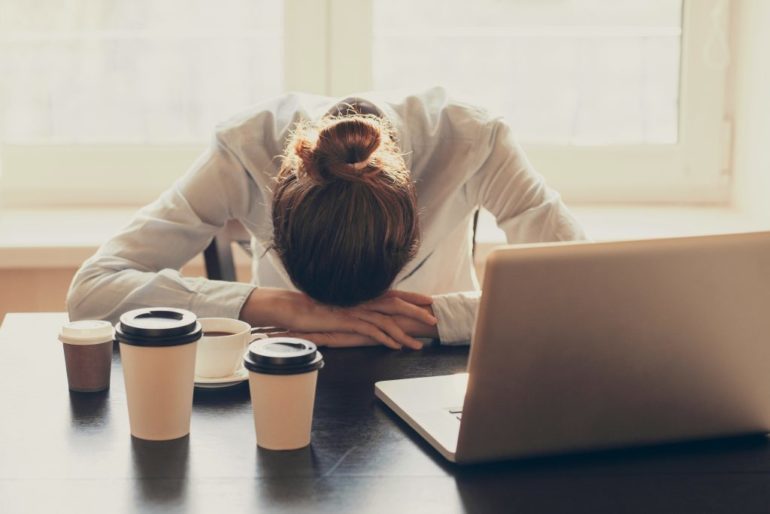
We’ve all been there. You start to feel a little drowsy at work, you figure the day must be winding down, so you look at the clock and… it’s only 1:30PM. Have you ever thought about why you and so many others are tired at work so often? The Centers for Disease Control (CDC) recently completed a study to answer this question by looking at which jobs suffer the most from sleep deprivation.
The Dangers of Sleep Deprivation
The CDC considers seven or more hours of sleep to be sufficient, and anything less is considered a “short sleep duration.”
Why does this matter? Because people who regularly don’t get enough sleep tend to be at a higher risk of developing many serious health issues, such as cardiovascular disease, obesity, diabetes, depression, Alzheimer’s, and even dementia. A lack of sleep can even make the commute to work more dangerous, as studies have shown that sleepy drivers are three times more likely to get into an accident.
These health concerns are especially harrowing when you consider that 36.5 percent of people in the study reported a short sleep duration. This statistic is consistent with what the CDC has found to be true about the rest of the country: that one in three American adults report getting less than seven hours of sleep per night.
What the Study Found
Among the 22 major occupation groups, the highest prevalence of short sleep duration were among workers in the following 5 groups:
- Production (42.9%)
- Healthcare Support (40.1%)
- Healthcare Practitioners and Technical (40%)
- Food Preparation and Serving-Related (39.8%)
- Protective Service (39.2%)
According to the study, more than half of the people working on phone switchboards and in certain kinds of transportation like trucking or rail travel consistently get less than seven hours of sleep. About 40 percent of people working in factories, health care, food preparation, and emergency services tend to be sleep deprived as well. This is thought to be the case because these jobs typically involve night shifts or odd hours.
Your body’s internal clock keeps itself regulated by producing circadian rhythms. “Circadian” is another word for every 24 hours. These rhythms act as messages to the body and influence your temperature, hunger, and sleepiness, among other things. Sleep messages are, in part, “set” by sunlight. Shift work that requires sleeping during the day and working at night goes against your body’s natural rhythms, which is the reason workers in this field are often so sleep deprived.
What You Can Do
If you work in a profession that requires shift work or odd hours, there are a few strategies you can try to encourage your body’s natural sleep-wake rhythms.
- Nap just before reporting for a night shift.
- Try to maintain a healthy diet even if you work odd hours, avoiding food or alcohol within three hours of going to bed.
- Try to maintain a consistent sleep schedule.
- Drink coffee at the beginning of your shift, not later.
- Try light therapy.
- Avoid bright light on the way home from work by using dark sunglasses and a hat to block sun exposure.
- Try to avoid long commutes that take time away from sleeping.
- Ask your family and friends to limit phone calls and visitors during your sleeping hours.
- Use blackout blinds or heavy curtains to block out the sun.
Additionally, a sleep disorder, such as sleep apnea, could be affecting your ability to fall asleep, especially if you also work night shifts. Shifts with odd hours can make it be hard to identify a sleep disorder because many of the issues that accompany shift work are similar to those that are seen in sleep apnea sufferers. It’s possible that you’re dismissing frequent fatigue, snoring, and irritability during the day as problems associated with shift work when they are really due to sleep apnea.
All in all, the study showed that many, many Americans are consistently sleepy at work, which affects job performance and overall health. If you still find yourself feeling tired at work despite using the strategies we listed above, please request an appointment with Sleep Better, Georgia to get treatment for sleep apnea in Sandy Springs. It may be exactly what you need to feel your best both at work and at home.
